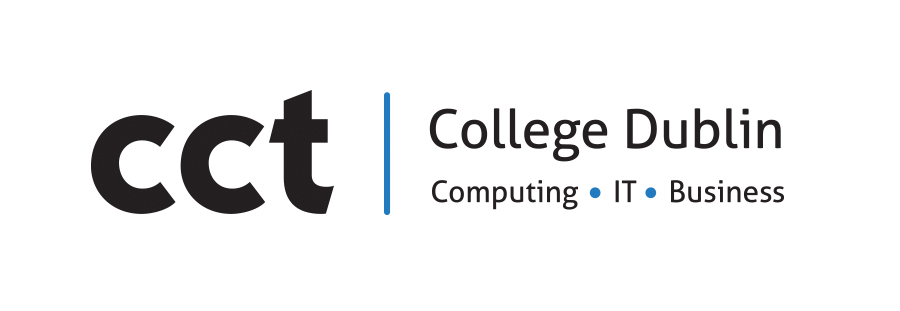After you arrive in Ireland, you will need to make an appointment to attend Immigration Services in person to register and obtain your permission to remain in Ireland. You can make the appointment via this link.
At this appointment, they will take your biometrics and complete your registration which will generally last for one year. When you go to renew the following year, this process will generally be conducted online, especially if you are living in Dublin. If you register in Dublin, the immigration officer will arrange to send your Irish Residence Permit (IRP) card to you by post.
Make sure to confirm your exact address, including Eircode, before you leave the registration office. Your IRP card should arrive within 10 to 15 working days. If it does not arrive within 15 working days, contact INIS.
If you are a non-EU/EEA and non-Swiss citizen and you want to stay in Ireland for any reason for longer than 90 days, you must apply for immigration permission and, if successful, then register. If your registration is successful, you will be issued with an IRP.
To register you must: be a non-EU/EEA and non-Swiss national, be aged 16 or older, and go to a registration office in-person
If you want to stay in Ireland past the expiry date on your IRP, you must apply to extend your immigration permission and renew your registration. If successful, you will be given a new IRP.
The Irish Residence Permit (IRP) is your registration certificate. You will be given an IRP when you register with the Irish Naturalisation and Immigration Service (INIS).
An IRP indicates that your immigration permission to stay in Ireland has been registered by the type of immigration permission you have, for example a stamp number 2 indicates that you are on a Study Visa. The IRP is not an identity card – it is a registration certificate. It is not valid for any reason except to certify that you are registered with immigration in Ireland.
You must carry your IRP with you at all times and present it to an immigration officer or a member of An Garda Síochána (the Irish police force) if requested. This includes whenever you leave or re-enter the country.
An IRP costs €300 per person every time you register and renew.


